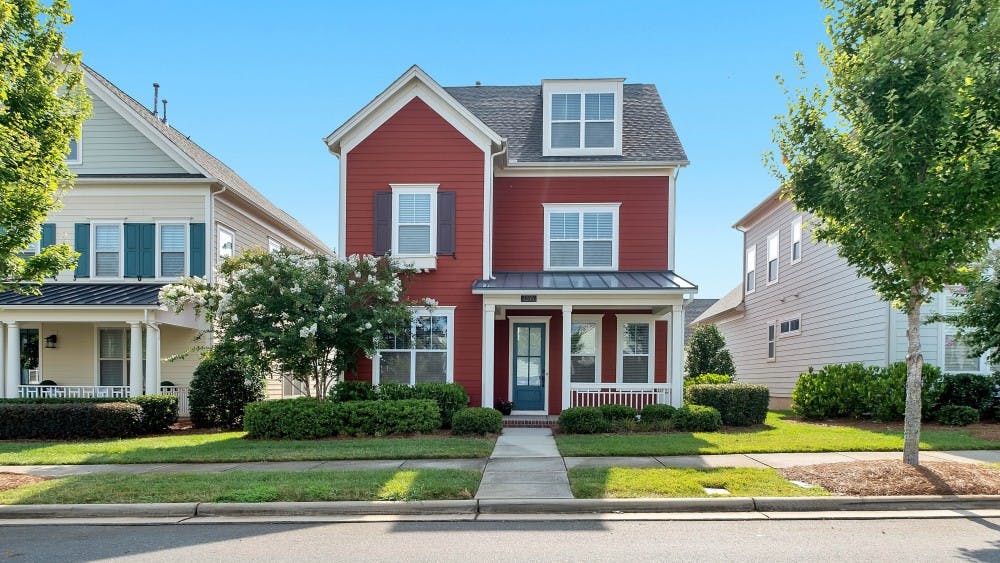
Real estate can be amongst the most rewarding and safe investments you can make. But, it comes with an often unknown level of complexity that can turn what was once perceived as a promising investment into a troubling scenario. Before you commit to any investment, it’s important to do your research and fully understand what you’re getting into. Here are 5 common mistakes made by rental property investors.
1. Not understanding your target tenant
You need to keep in mind who your renters are likely to be, if you plan on purchasing a rental property. Trying to match your investment to the kind of tenant that would live there is an important consideration to make. For example, college students are likely to prioritize distance to their college campus and low rent prices, while being less likely to demand luxury finishings. The opposite could be said for a high-earning bachelor. Understanding this will help you make decisions on your investment, such as what is worth renovating to attract your target tenant. All properties cater to certain tenant personas, while being incompatible with others. Having a clear understanding of this persona early on will save you time and money.
2. Underestimating expenses
The responsibility of home-ownership comes with many expenses. Any property owner would be able to confirm that a mortgage payment is only the start of the recurring expenses. There are costs associated with maintenance, insurance, taxes, etc. Owning a rental property is no different in this regard. As a landlord, you will be responsible for making all payments on the property. Once your property has tenants, they will make rent payments to you, which will help cover these expenses. The extent at which they do can be summarized into 3 categories:
Positive gearing/cash flow - Rent paid by the tenants is greater than the total expenses of owning the property.
Neutral gearing/cash flow - Rent paid by the tenants is neither greater than or less than the total expenses of owning the property.
Negative gearing/cash flow - Rent paid by the tenants is less than the total expenses of owning the property.
Achieving positive cash flow is the best spot to be in as a landlord, as it means you are earning passive income on your investment, while also benefiting from the unrealized appreciation of the property itself. In a way, it’s like being a shareholder yielding dividends from a stock. Neutral cash flow means you’re breaking even, and negative cash flow means you are suffering a loss to maintain ownership of the property.
By underestimating your expenses, you put yourself at a greater risk of negative cash flow. Depending on your personal financial situation, this can obviously cause hardships and possibly force you to resort to selling the property at a loss to get out of a tricky situation. By holding onto a property with negative cash flow, you’re betting that the value of the property itself will more than make up for the temporary losses in the relative short-term.
You can avoid underestimating property expenses by creating a list of all the monthly costs associated with maintaining the home before purchasing. This will provide you with a baseline cost that you need to be able to make back with rent, in order for you to afford the property.
3. Not having enough in reserves
This point partly ties into the one above on underestimating expenses, but what’s important to emphasize here is that properties can also have unforeseeable expenses. This could come in the form of a costly repair, or a longer than expected vacancy where the property isn’t earning rental income. Rental property investors need to account for this and have money set aside in a reserve account to cover any of these unexpected expenses. Some experts suggest at least 1 year’s worth of cash reserves to cover the property’s mortgage, maintenance expenses and vacancy. It’s important to have a backup plan in place to avoid any stressful situations later on.
4. Investing with your heart, rather than your head
Emotions can often have a larger than expected impact on our investing decisions, and property investments are arguably more susceptible to this. It’s easy to get enticed by a property that is somehow more personable to you, or the glamour associated with calling yourself a landlord. These are thoughts that need to be avoided, so you can make calculated, rational decisions as a rental property investor. Being successful requires being mature enough to put these feelings aside and treating your property like a business. This means:
Avoiding overpaying
Analyzing rental yield
Understanding potential asset growth
Not renting to friends or family
Not falling in love with your rental property
Hiring a good property manager can assist with making smart, objective decisions, but it’s ultimately up to you to take ownership of your investment and avoid a bad situation due to emotional ties.
5. Doing it all on your own
While it may seem noble to do everything on your own, the reality is that property investing requires help along the way. You will have a far greater chance at success by partnering with supportive professionals. Tapping into the knowledge of your network can prevent you from buying the wrong investment with issues involving maintenance, location, and difficult legal problems. Buying a rental property is an exciting prospect, but needs to be done strategically to avoid potential disasters along the way.
That’s why we created Doormat - a company focused on providing transparent and stress-free real estate legal services. We can help you on your journey to becoming a property investor and avoid potential legal struggles along the way. Get in touch with us to learn how we can provide the best possible home transaction experience!








